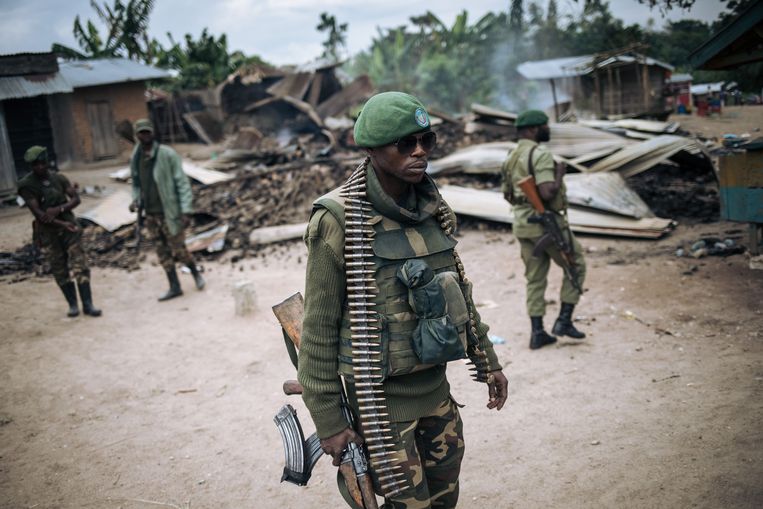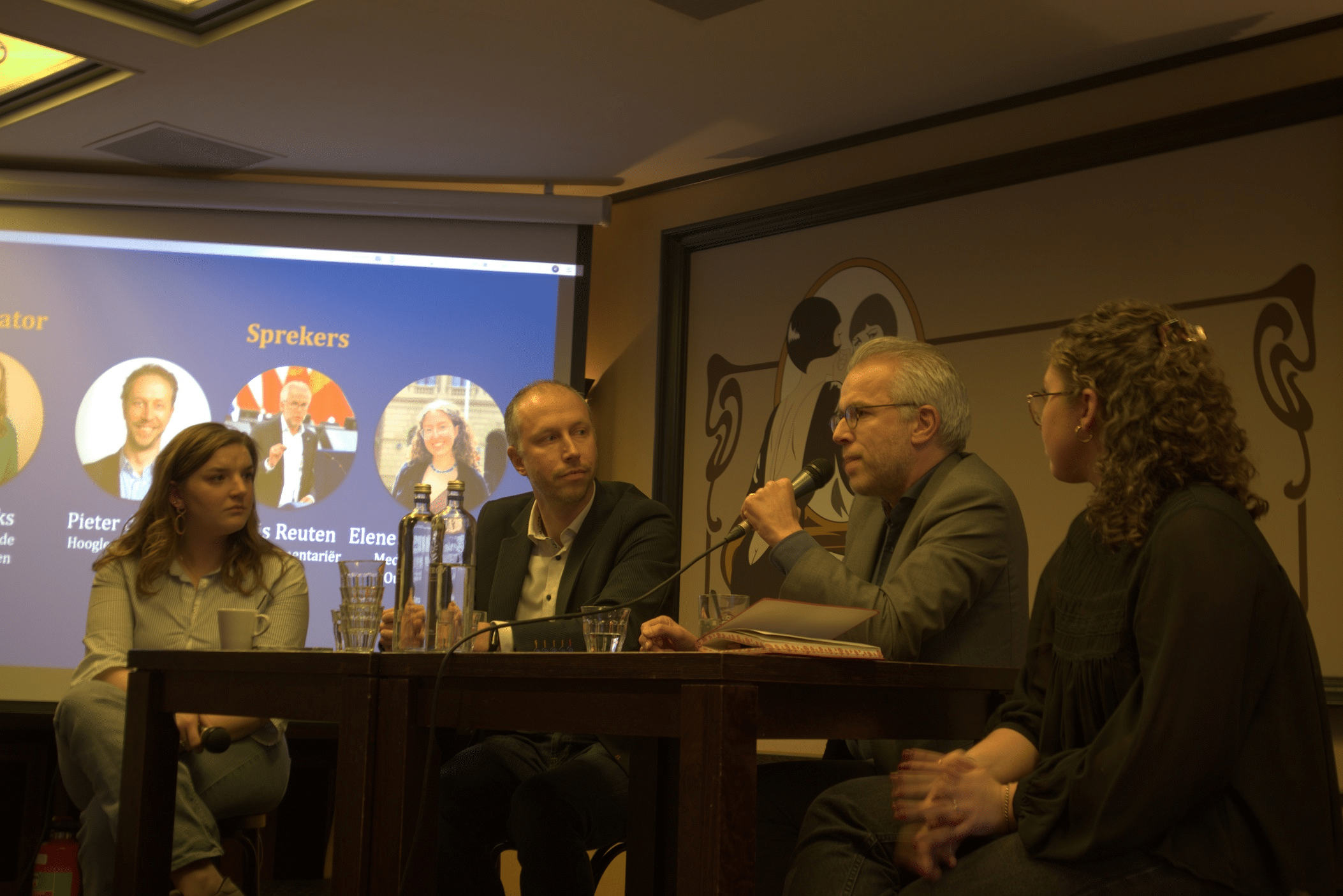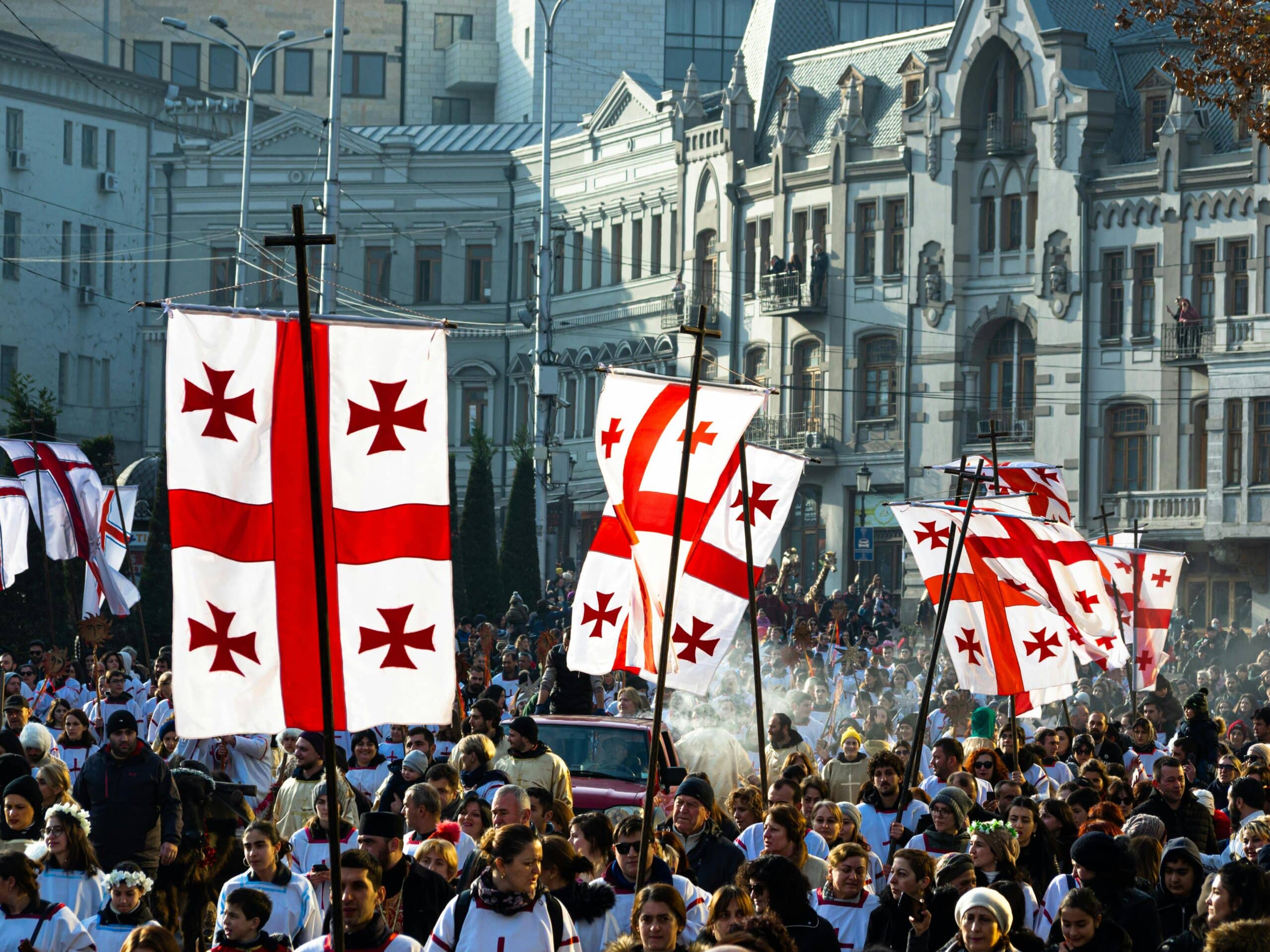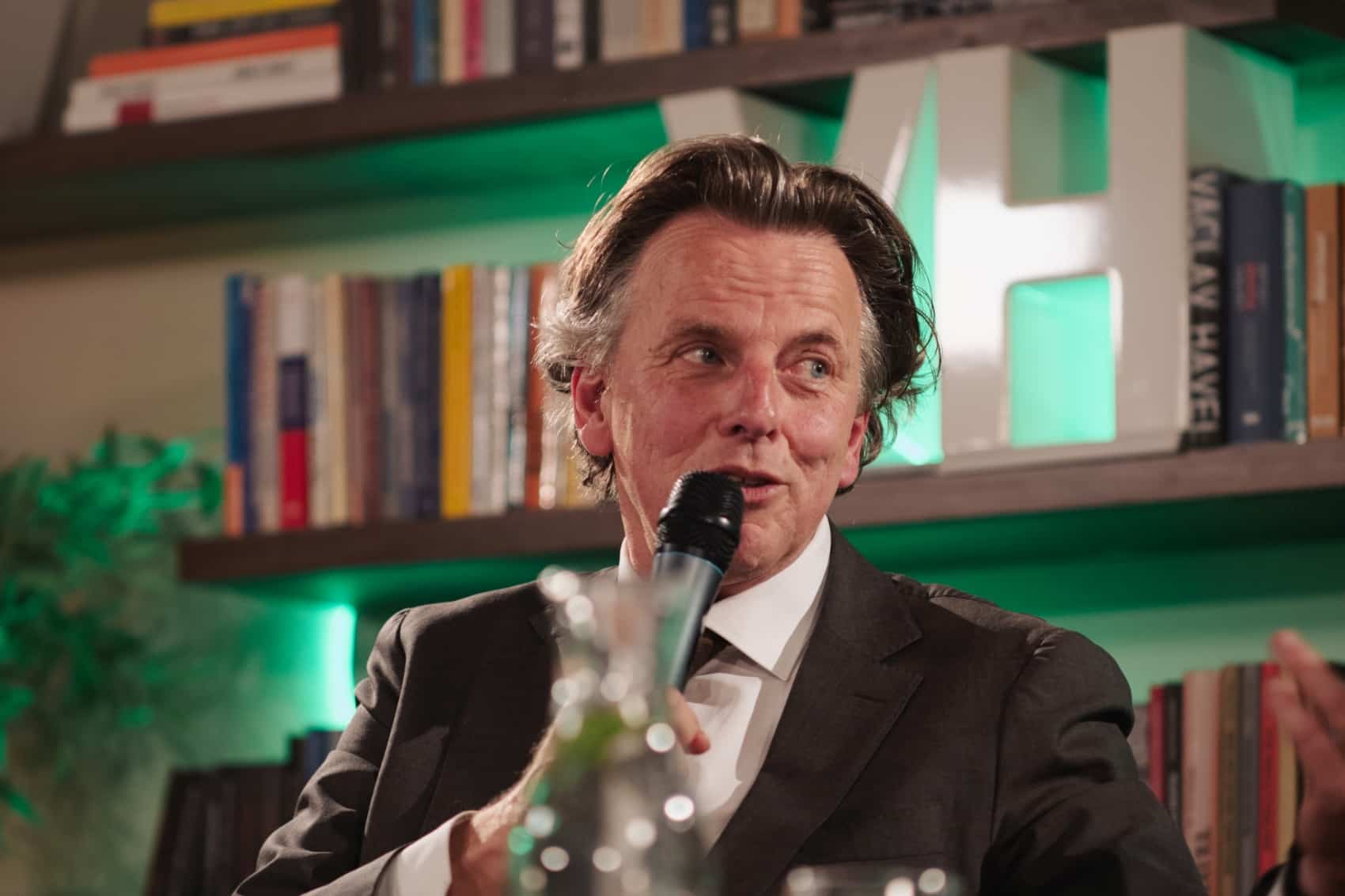The corona crisis has exacerbated many already prevailing problems in the world: Poverty and food insecurity rose in large numbers. Time has been set back in terms of poverty in many places. However, crises unfortunately remain outside corona. One of the biggest crises currently happening globally is in the Democratic Republic of Congo. According to the UN 19.6 million people in Congo are in acute food insecurity, meaning people have so little access to food that their lives are at risk. 3.6 million children are even acutely malnourished and thus at high risk of death. Yet we hear little or nothing about this. How is it that one of the biggest humanitarian crises seems to remain so out of the picture?
One reason is the enormous complexity of the problem. There are many local and regional conflicts in the DRC, not all of which have the same source. Sometimes they involve fighting from South Sudan that also reaches areas across the border, sometimes over self-determination, or access to natural resources. What these conflicts have in common, however, is that they can arise from a lack of central authority. How did we end up here, and is there a way back?
Political background
The Democratic Republic of Congo is the second largest country in Africa after Algeria, and holds an awful lot of natural raw materials. It was a Belgian colony from 1885 to 1960, and was even privately owned by Belgian King Leopold until 1908. Leopold ruled with a very harsh hand and millions of Congolese died. This imperialist history still leaves its mark. Thus research for example, that the criminal behaviour of private companies at the time of Belgian colonisation still has its impact on today's society. Indeed, in places where King Leopold gave private companies power over the population, the quality of public institutions is lower. Moreover, there are many investigations which show that Belgian rule was one of the cruellest colonial administrations, with no regard for a successful independent start at independence in 1960. The consequences can still be seen today.
The DRC has a presidential system, with most power resting with the president. From 2001 to 2019, this role was held by Joseph Kabila. He was succeeded in 2019 by opposition leader Félix Tshisekedi, who remains president today. This transition was the first peaceful transition of power since independence in 1960, but research shows that not Tshisekedi, but Martin Fayulu, another opposition candidate, would have won the elections. Democratic elections are thus unfortunately still a long way off in the DRC. Within Tshisekedi's party, too, things seem to be rumbling: One of his biggest allies, vice-president in parliament Jean-Marc Kabund, resigned this month after his house was seized by Tshisekedi's agents emptied.
Conflicts and impunity
All this amid one of the world's biggest humanitarian crises: Millions of Congolese are in immediate danger of starvation, and the country is ravaged by multiple conflicts. Refugee camps sometimes house more than six times the number of people they are actually intended for, and are sometimes even so cut off from the outside world that they are only accessible to humanitarian workers by helicopter. This dire situation deserves more money and attention, but above all, a way must be found to end the situation of impunity. The central government is clearly unable to do this, and so the solution must come from outside. This call comes from the Congolese themselves, who in November made the hashtag #CongoIsStarving trending on Twitter, thus urging Joe Biden to set up a UN international tribunal to end impunity. Unfortunately, there is still little to no response from international politics: There seems little room for topics other than fighting Covid. However, this situation is at least as dire: Millions of people are at risk of dying if the situation does not improve. So the international community can no longer look away, and should feel responsible to at least listen to the appeal of the Congolese themselves.
Photo: AFP





